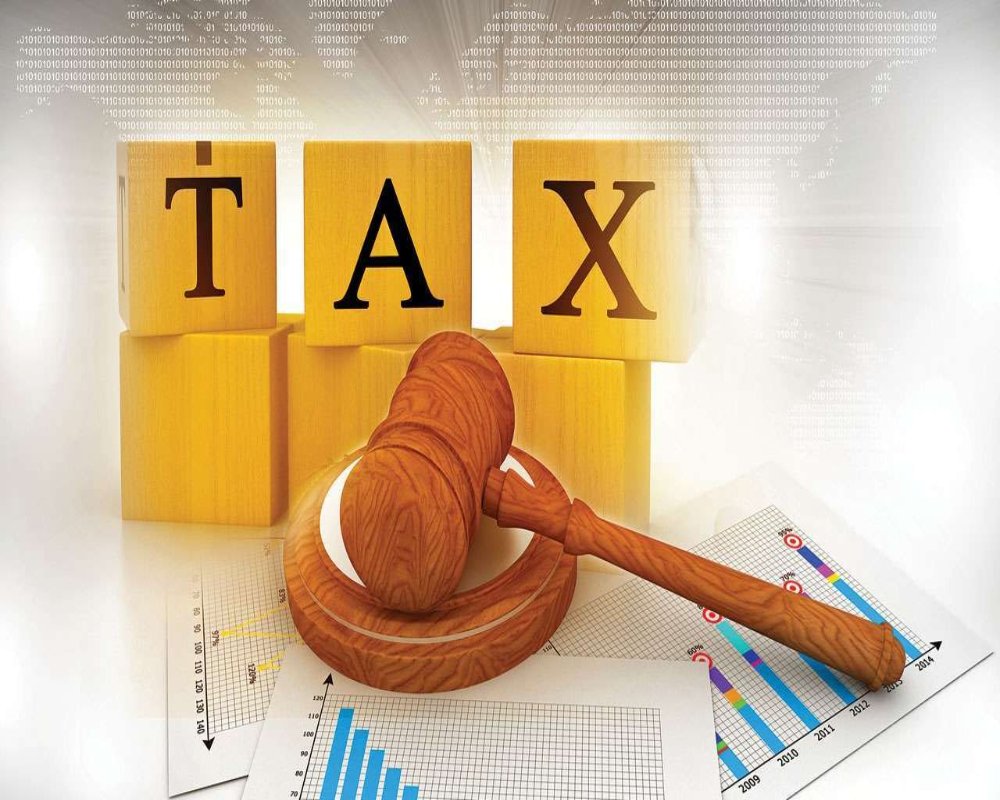Introduction
Industrial businesses, whether in manufacturing, processing, energy, or infrastructure, are vital drivers of economic growth and job creation. As with any commercial entity, these businesses have specific tax obligations that ensure they contribute fairly to public revenue. These tax responsibilities not only support national development but also foster a compliant and stable industrial environment. Understanding the various tax obligations is essential for industrial enterprises to operate lawfully, avoid penalties, and optimize financial planning.
This article outlines the key tax obligations that industrial businesses typically face, categorized under direct, indirect, and sector-specific taxes, along with compliance requirements and reporting duties.
Direct Tax Obligations
Corporate Income Tax
Industrial companies are subject to corporate income tax on the profits earned from their operations. The rate may vary depending on the size of the company (small, medium, or large enterprises), type of business entity (private limited, public, partnership), and the jurisdiction in which the company operates.
- Taxable Income: Revenue minus allowable deductions such as operating expenses, depreciation, interest payments, and business losses.
- Filing Requirements: Annual income tax returns must be submitted with complete financial statements and auditor reports.
Minimum Alternate Tax (MAT)
To prevent tax avoidance through exemptions and deductions, some tax systems impose a Minimum Alternate Tax. Even if a company declares low or zero profit due to accounting strategies, MAT ensures that a minimum amount of tax is paid based on book profits.
Withholding Taxes
Industrial businesses are often required to deduct taxes at source when making specific payments such as rent, salaries, contractor fees, and professional charges. These taxes must be remitted to the government and reported accurately.
Indirect Tax Obligations
Goods and Services Tax (GST) or Value Added Tax (VAT)
One of the most significant tax liabilities for industrial firms is the payment of indirect taxes like GST or VAT, depending on the country. These are levied on the supply of goods and services at each stage of the supply chain.
- Input Tax Credit: Businesses can claim credits on taxes paid for inputs used in production, reducing their final tax liability.
- Filing Returns: Monthly, quarterly, or annual GST/VAT returns must be filed, detailing sales, purchases, and taxes collected and paid.
Excise Duties
Certain industrial goods, especially those that are manufactured and removed from the factory premises, may attract excise duties. Though many countries have subsumed this under GST, it still applies to specific goods like alcohol, petroleum products, and tobacco in some jurisdictions.
Local and State-Level Taxes
Property Tax
Industrial units must pay local taxes on factory buildings, warehouses, and other infrastructure based on the municipal valuation of the property.
Entry Tax or Octroi
Some states or municipalities levy taxes on the entry of goods into a local area for use, consumption, or sale, especially in countries where GST is not yet fully harmonized.
Sector-Specific Tax Regulations
Environmental and Pollution Taxes
Industries that impact the environment may be liable for pollution control taxes, carbon taxes, or wastewater treatment levies. These are imposed to promote sustainable practices and compensate for environmental degradation.
Customs Duties
Industrial businesses engaged in international trade must adhere to import and export duties. Machinery, raw materials, or finished goods that cross borders are often subject to customs regulations and duties based on harmonized codes.
Compliance and Documentation
Tax Audits and Assessments
Industrial entities are frequently subject to tax audits to verify the accuracy of declared incomes and claimed deductions. Keeping robust financial records is essential to withstand scrutiny and prevent disputes.
Electronic Filings and E-Invoicing
Many tax authorities now require electronic filing of returns and e-invoicing for business transactions. This digital shift demands that industrial businesses maintain automated accounting systems and comply with data reporting standards.
Advance Tax and Self-Assessment
In many tax regimes, industrial companies must pay advance tax installments based on projected income. This spreads the tax burden and avoids large year-end liabilities.
Conclusion
Tax obligations for industrial businesses are multifaceted and vary according to jurisdiction, scale of operations, and sector-specific characteristics. Navigating the landscape of direct and indirect taxes, while staying compliant with ever-evolving tax laws, is critical for industrial firms to maintain legal integrity and financial health. A proactive approach to tax planning, supported by professional advice and sound accounting systems, enables businesses not only to meet their obligations but also to leverage potential incentives and deductions for growth and sustainability.
Hashtags
#TaxObligations #IndustrialBusiness #BusinessTaxes #TaxCompliance #TaxPlanning #SmallBusinessTax #CorporateTax #TaxAdvice #FinancialLiteracy #BusinessFinance #TaxDeductions #TaxLiabilities #AccountingTips #TaxSeason #BusinessGrowth #Entrepreneurship #TaxStrategy #IndustryInsights #FinancialManagement #TaxEducation


